Facebook-Leased Campus Scores $750M Refi
The recently completed Bay Area complex is the home of Oculus Rift, the social media giant's virtual reality arm.
Kylli Inc. has received $750 million in refinancing for its Burlingame Point office campus on the San Francisco Peninsula. Goldman Sachs, J.P. Morgan, Deutsche Bank and Athene Annuity & Life Co. (via Apollo Global Management) provided the 9.3-year, fixed-rate loan. Facebook subsidiary Oculus Rift preleased the entire campus in 2019, CommercialEdge data shows.
Prior to the current round of financing, the campus was subject to a $515 million construction loan provided in 2019 by J.P. Morgan Chase, according to CommercialEdge data. A Cushman & Wakefield team represented the borrower in both cases. Cushman & Wakefield also represented the owner in the Facebook lease transaction.
Burlingame Point comprises four Class A buildings totaling approximately 771,000 square feet of office, R&D and life science space, as well as a 33,000-square-foot amenity building. The 18-acre campus is located at 300 Airport Blvd., in Burlingame, Calif. Office buildings range from five to eight stories. According to Burlingame City’s website, the two-story amenity building includes a child care facility, café and break rooms, as well as a fitness center.
The property is located about 20 miles from Facebook’s headquarters in Menlo Park. Burlingame Point offers immediate access to the Bayshore Freeway and public transportation. After a three-year period, developer Kylli—a wholly-owned subsidiary of China-based Genzon Investment Group Co.—finished construction of Burlingame Point last year. The company hired Gensler for architectural services. The Burlingame Point project is designed to meet LEED Gold standards.
Slow recovery for San Francisco’s office sector
After being directly hit by the ongoing health crisis, San Francisco’s office market is showing signs of bottoming out. The overall office vacancy rate in San Francisco increased by 550 basis points year-over-year, to 12.8 percent as of February, a recent CommercialEdge report shows. Despite the figure being below the 15 percent U.S. average, the tech hub will probably recover at a slower pace than other tech-heavy metros such as Seattle or Austin, according to the same report.
Generally speaking, the jury is still out regarding the future of remote work and its impact on the office market, with large tech employers sending mixed signals. Some companies are slated to start allowing employees to return to the office, while others are not only being reluctant, but have also announced ‘work-from-anywhere’ policies. According to Bloomberg, Facebook is planning to reopen its Silicon Valley offices in May, but also keeps an older promise, expecting 50 percent of its employees to work remotely over the next decade.

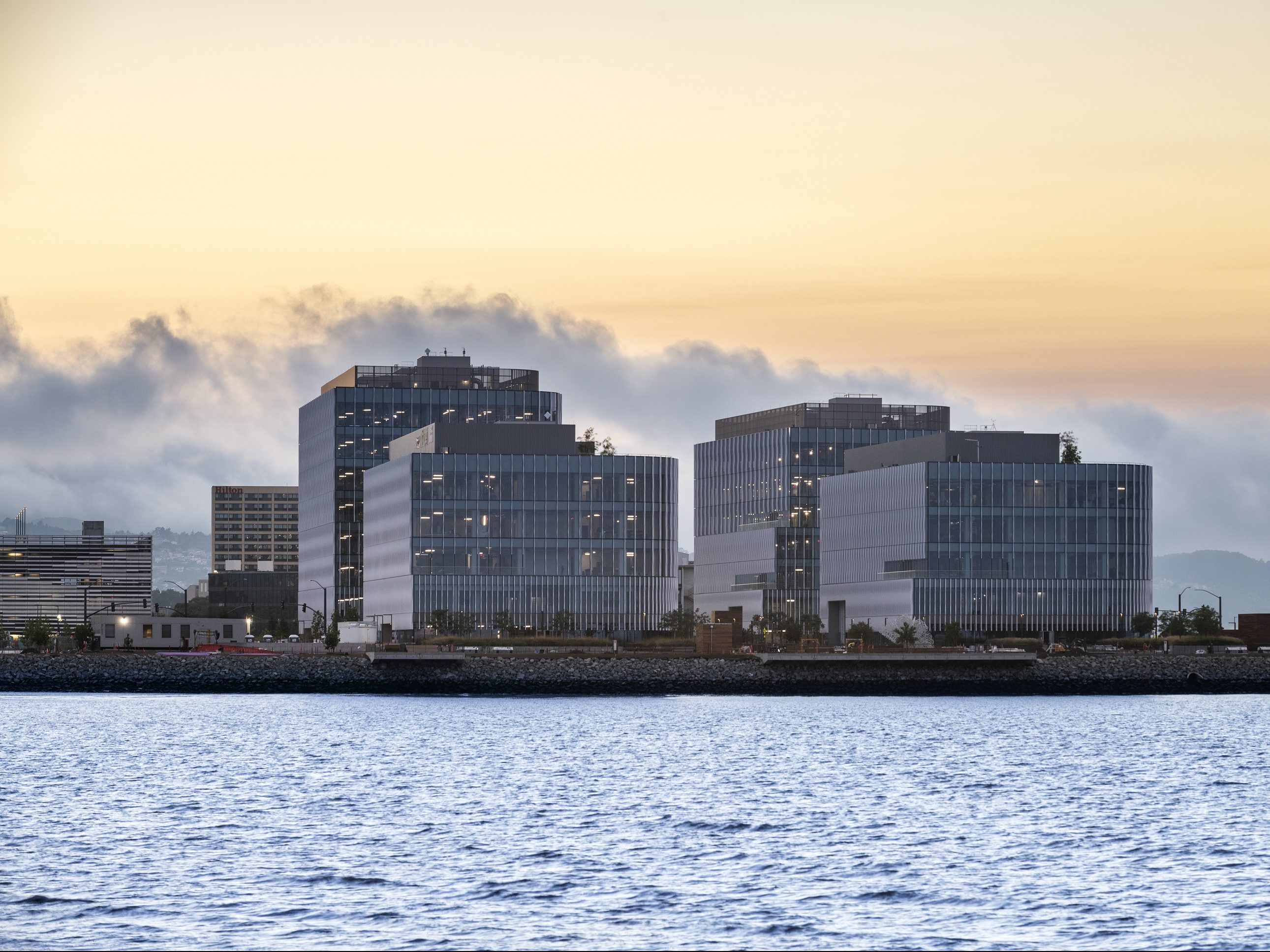
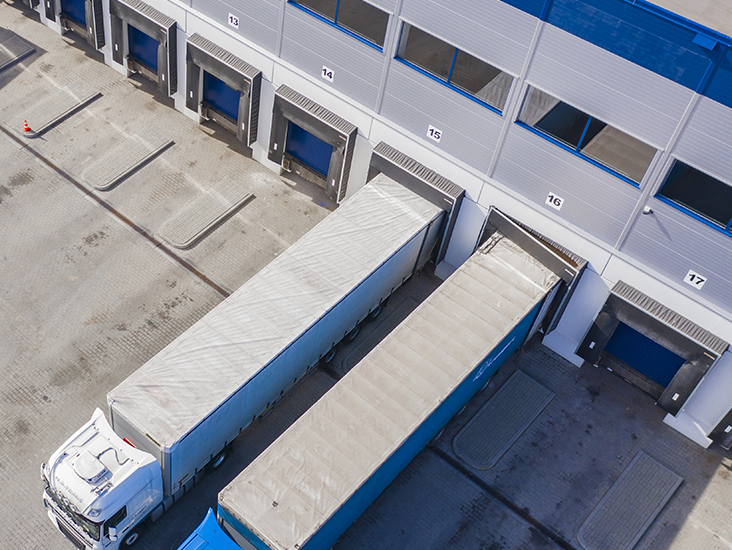
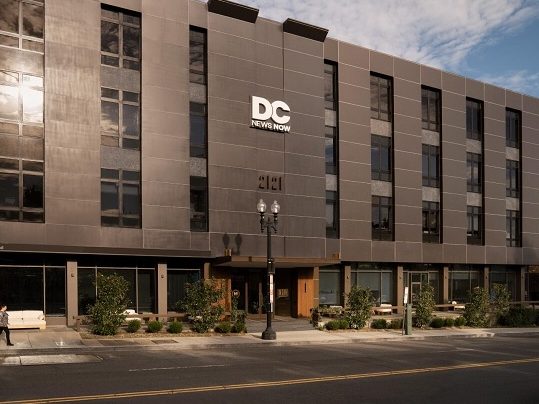
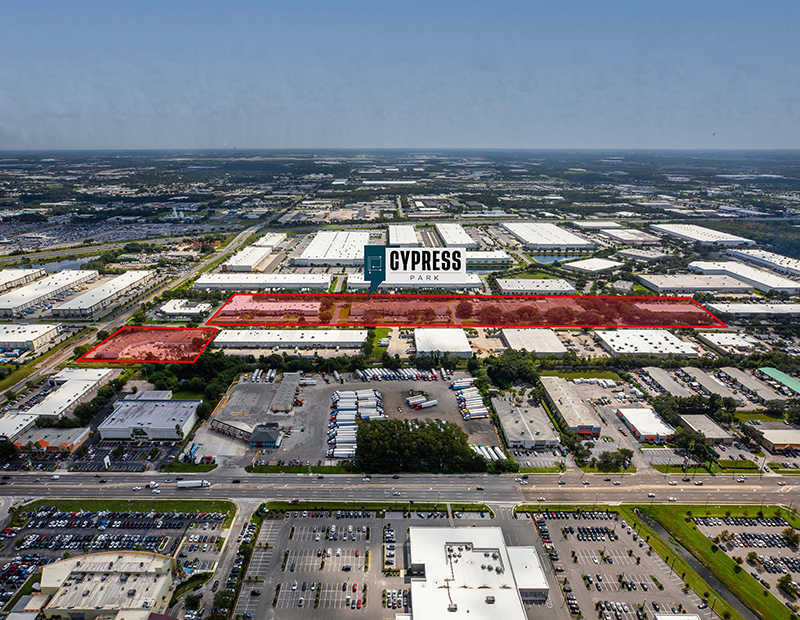
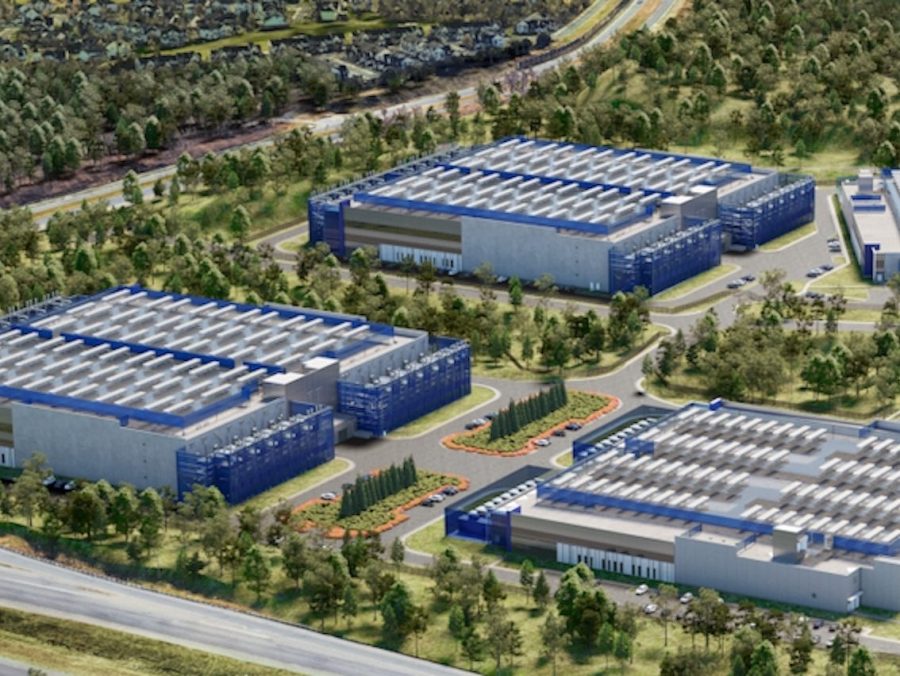
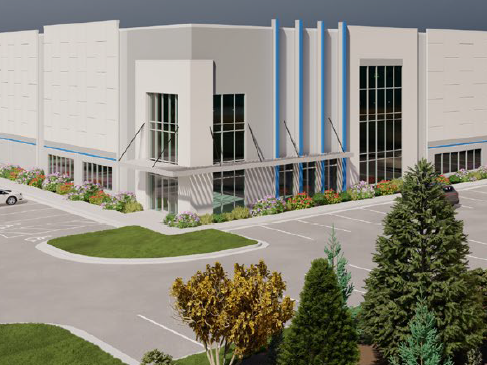
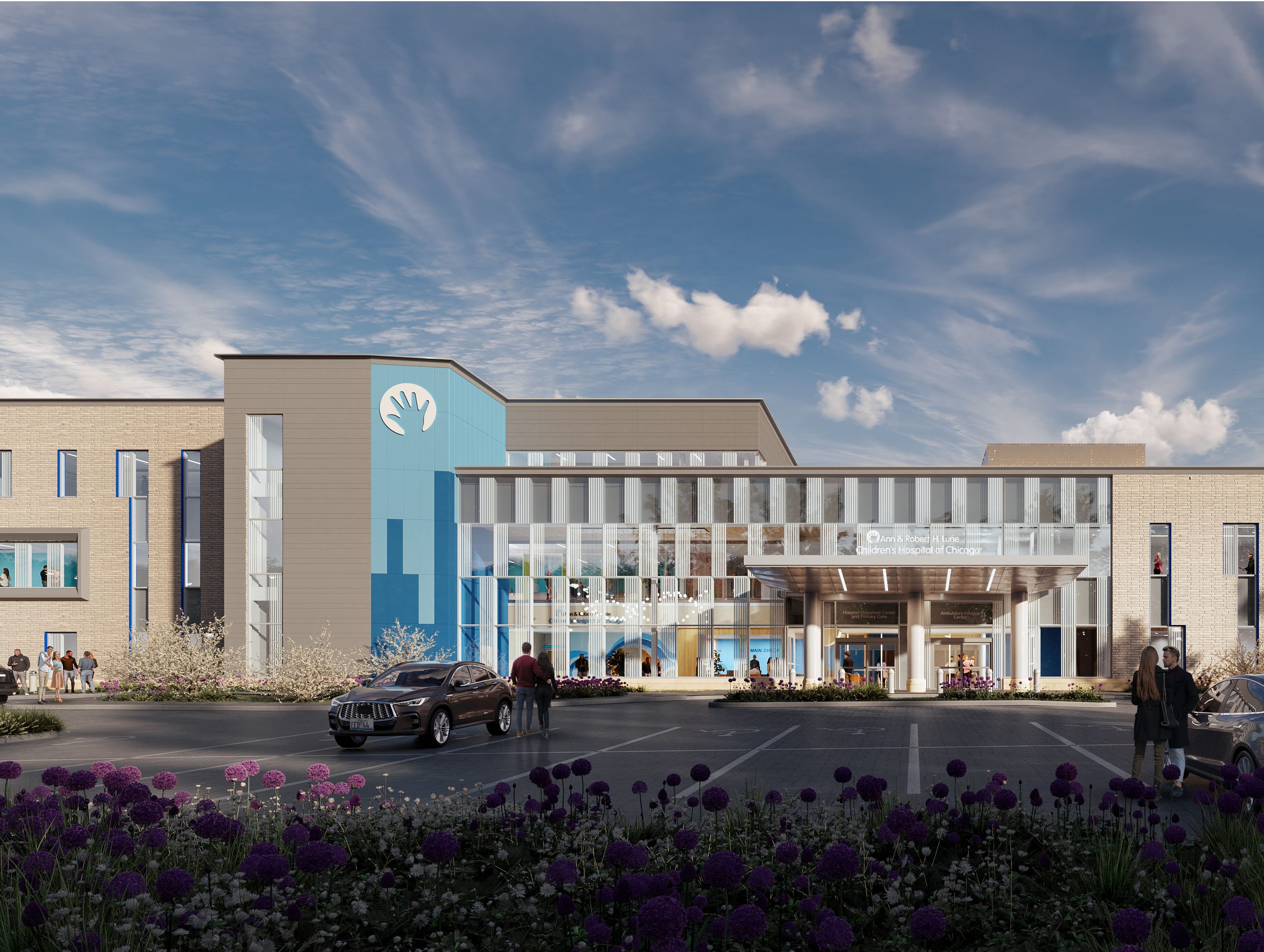
You must be logged in to post a comment.